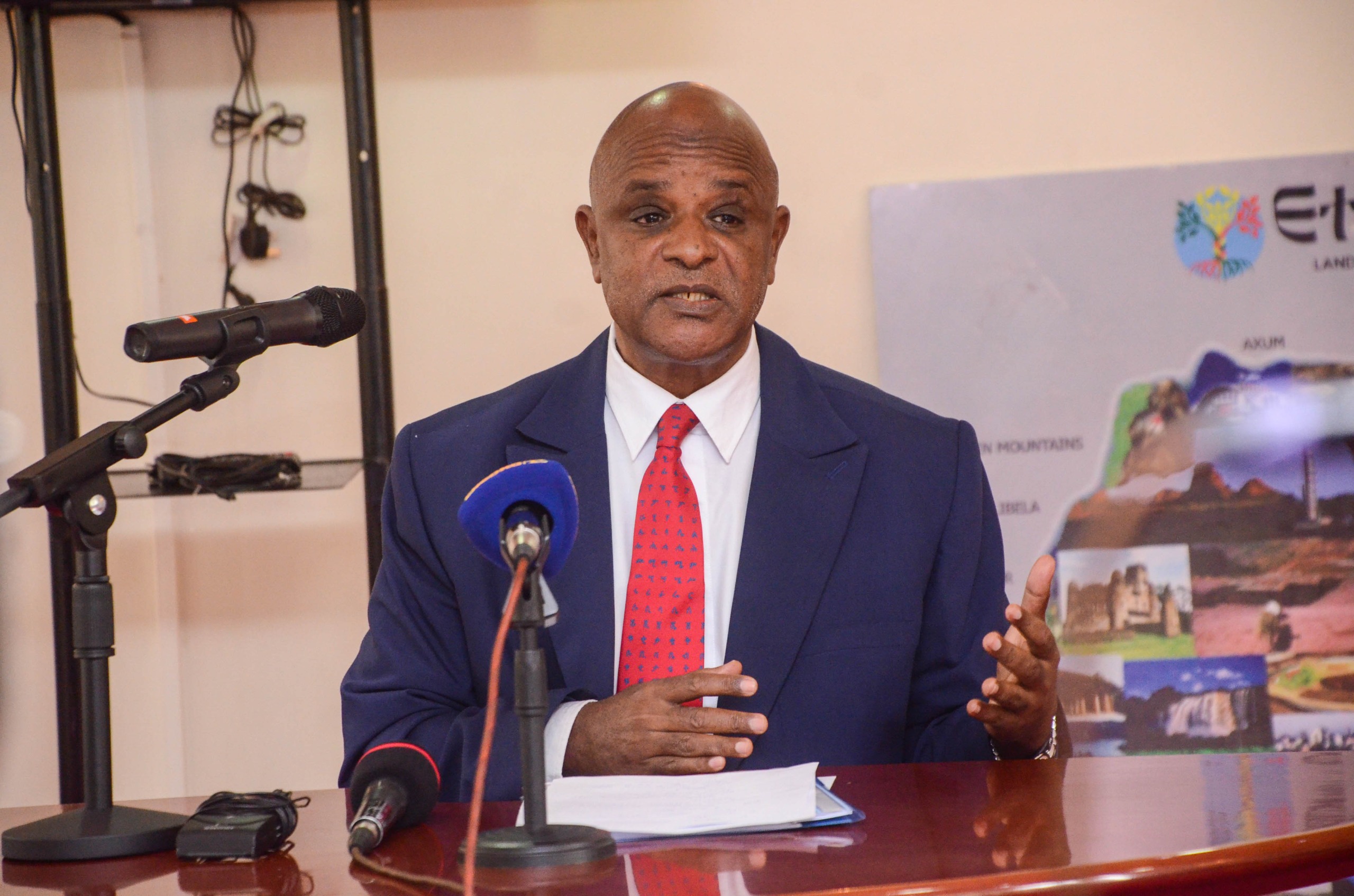
Ethiopia has set the tone for the second Africa Climate Summit (ACS-2), calling on African leaders to move from promises to action.
Scheduled for September 8-10 in Addis Ababa, the landmark gathering will bring together more than 45 heads of state and government and over 100 speakers.
It will also see the participation of over 25,000 delegates from the private sector, civil society, academia, youth, and women’s groups, all pushing for climate financing, green growth, and a unified African voice on the global stage.
Speaking Wednesday in Nairobi ahead of the event’s inauguration, Ethiopia’s Deputy Head of Mission Demeke Ambulo described ACS-2 as a defining moment for the continent.
"This landmark gathering offers a vital opportunity to redefine Africa’s aspirations for a climate-resilient and prosperous future,” Ambulo told the press.
“It is time to move from promises to real action.”
President William Ruto is among the leaders to attend the summit.
Co-hosted by the government of Ethiopia and the African Union, the summit will run under the theme “Accelerating Global Climate Solutions: Financing for Africa’s Resilient and Green Development.”
It builds on the inaugural Africa Climate Summit held in Nairobi in 2023, which produced the Nairobi Declaration, a call for a new global financial architecture, debt restructuring, and low-carbon development pathways for Africa.
But unlike Nairobi, where declarations dominated, expectations in Addis Ababa are that leaders will present concrete actions.
The urgency is clear that Africa contributes less than four per cent of global greenhouse gas emissions but suffers disproportionately from climate impacts, Ambulo noted.
Rising temperatures have worsened droughts, floods, and food insecurity, leaving millions displaced and threatening livelihoods.
Limited infrastructure and low adaptive capacity have left many countries struggling to cope.
According to Ambulo, climate financing will be a central focus of the discussions.
“African nations urgently need bold and innovative financing models to implement adaptation and mitigation strategies,” he noted.
Delegates will explore options such as green bonds, debt swaps, and expanded access to international climate funds.
The private sector’s role is also expected to be highlighted, with calls for new partnerships to support Africa’s transition to renewable energy, e-mobility, and sustainable agriculture.
Ethiopia, the host nation, plans to showcase its Green Legacy Initiative (GLI), a massive reforestation program launched by Prime Minister Abiy Ahmed.
Over the past seven years, the GLI has seen the planting of 47.5 billion trees, restoring degraded land, creating green jobs, and serving as a continental model for climate action.
Alongside financing, ACS-2 will provide a platform for African-led solutions and innovation.
Youth and women leaders, indigenous communities, and researchers will be given space to share approaches ranging from sustainable food systems to nature-based solutions.
“The summit is not just about high-level speeches. It is about ensuring that Africa’s homegrown solutions get the recognition and support they deserve,” Ambulo stated.
The event will culminate in the Addis Ababa Declaration on Climate Change, which will frame Africa’s unified position ahead of COP30 later this year.
Ambulo said the declaration will be a measure of whether the continent is serious about shifting from commitments to implementation.
“As the clock ticks, the world will be watching,” Ambulo said.
"ACS-2 must prove that Africa is ready to lead with action, not just promises.”

















